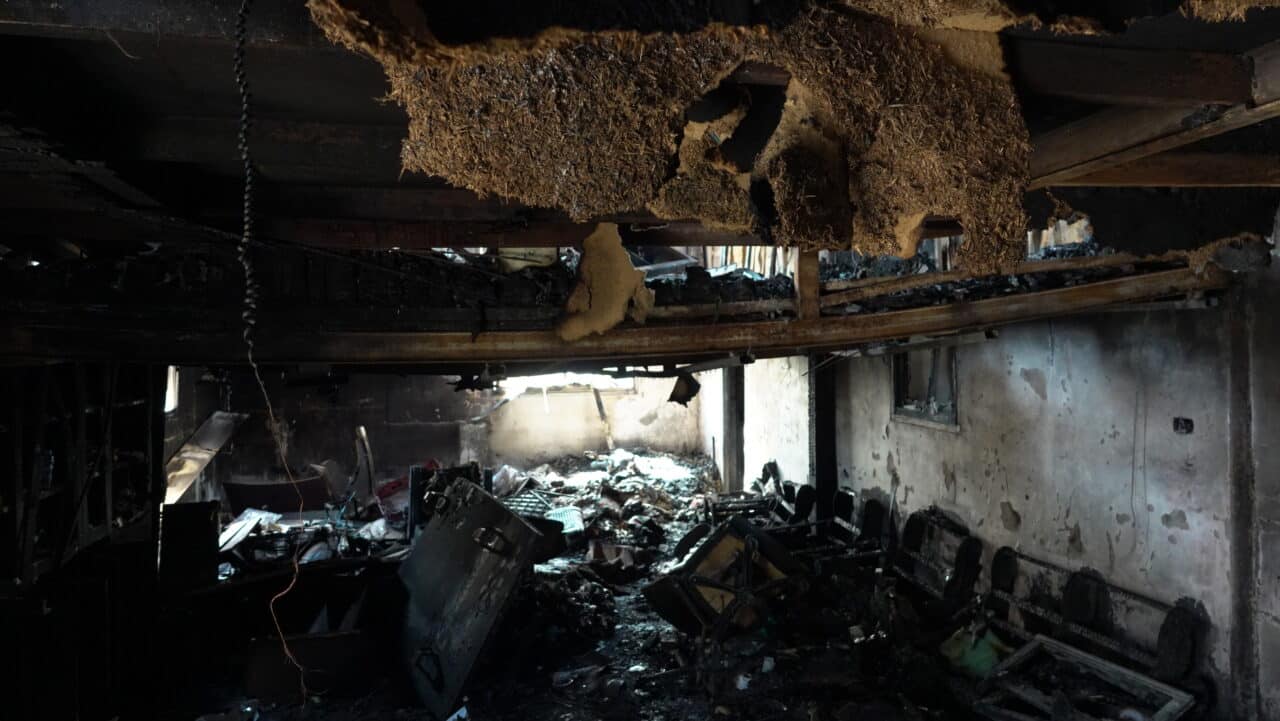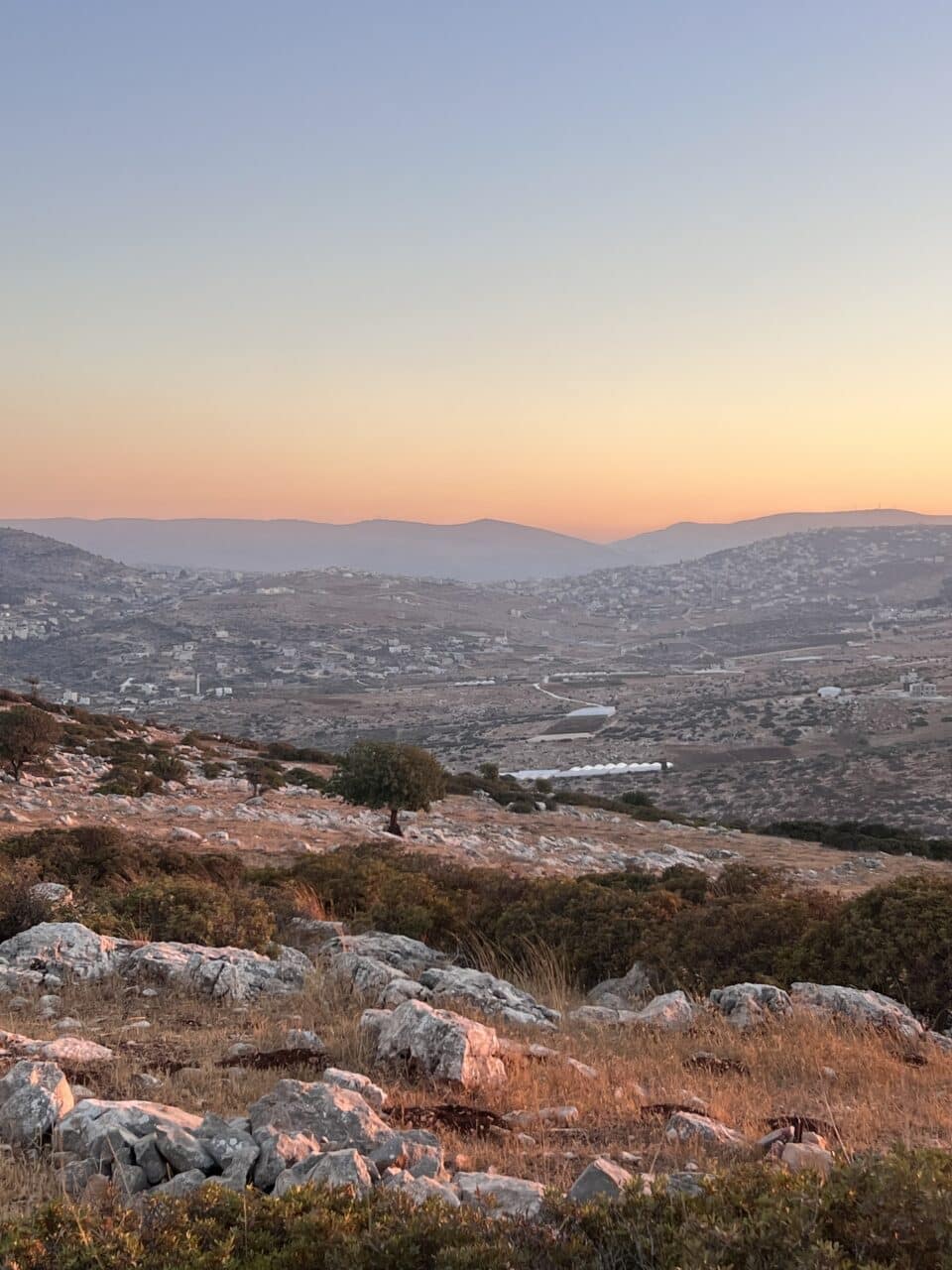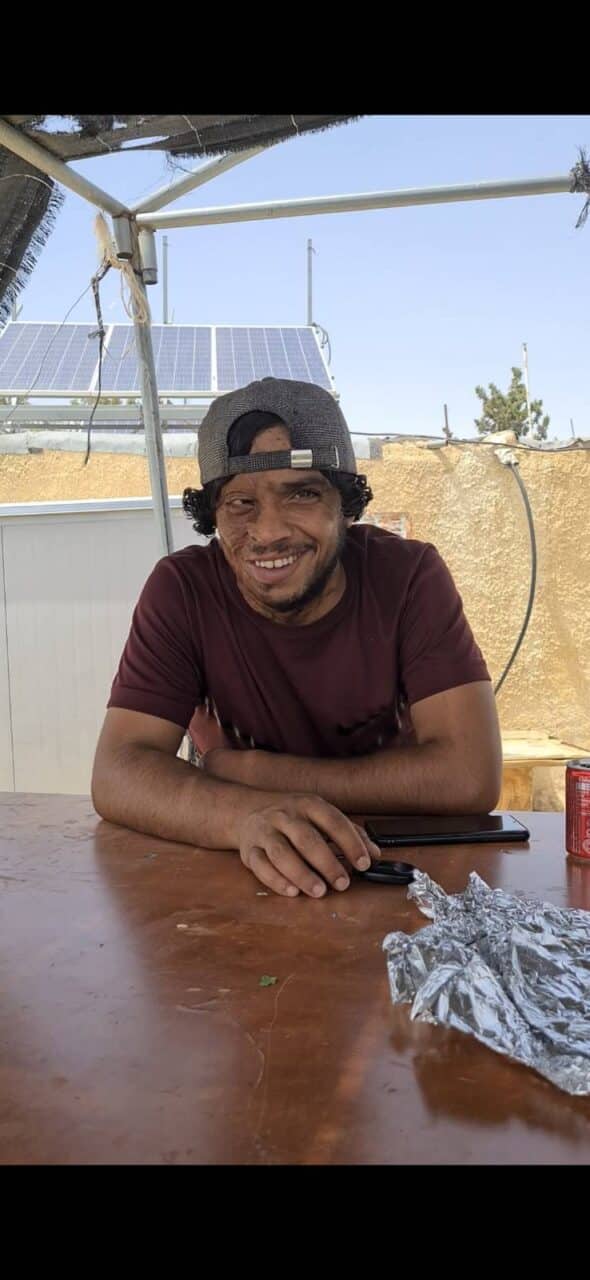Author: ISM Media
-
Settler arson attack on vital West Bank agricultural hub is blow to Palestinian food security
The Mishtil Al-Junaidy Al-Hadith plant nursery in Deir Sharaf, a major West Bank seed distributor and the heart of the region’s agriculture, was set on fire by illegal Israeli settlers on 8 September 2025, costing the owners over three million shekels and seriously damaging the already fragile Palestinian food system. The footage captured by security…
-
URGENT: A Family Standing Against Israeli Army and Settler Violence, and Imminent Displacement in the Jordan Valley
In the hills of the northern Jordan Valley, one Palestinian family is facing the threat of being displaced from their land. On September 20, the Israeli army issued them a final eviction order — threatening to destroy their tents, farming shelters, animals, and everything they depend on for survival. This family is the last to…
-
Remembering Awdah Hathaleen
A friend of his from primary school said to me “I can’t believe it… really, it’s like he will come bouncing out of a door any minute, hopping out of a car with his big grin on his face. Any moment we could wake up from this terrible dream”. For those of us who knew…



